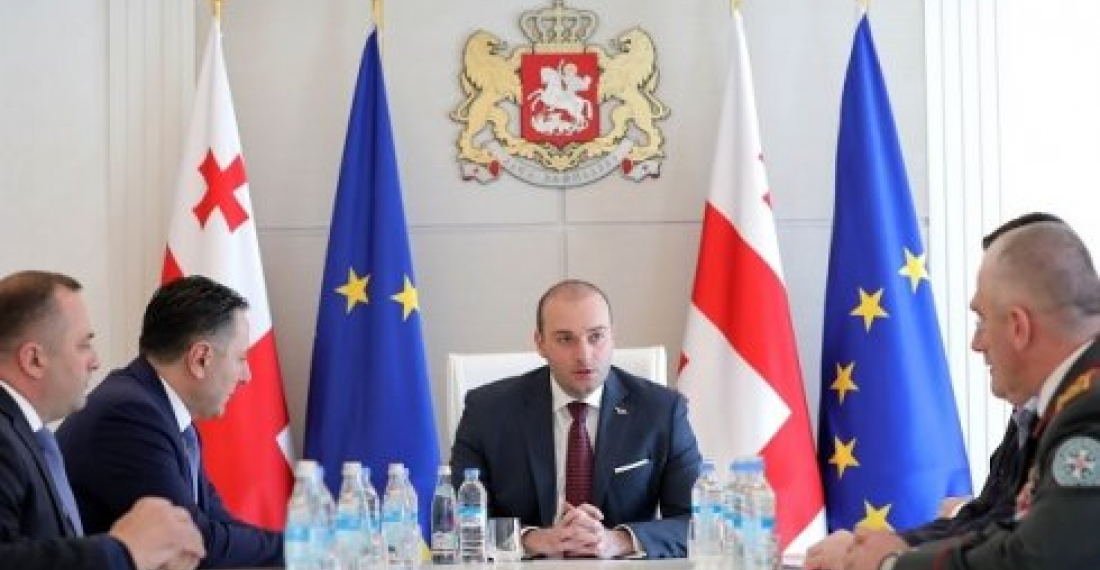В Грузии появился новый Совет национальной безопасности. После периода путаницы, когда в какой-то момент в стране было два совета национальной безопасности, один под председательством президента, а другой - премьер-министр, новая структура теперь сформирована на основе изменений в конституции.
Новая структура возглавляется премьер-министром и включает министров внутренних дел, иностранных дел, обороны и финансов, руководителей служб разведки и безопасности и главу вооруженных сил.
Cекретарем Совета был назначен министр внутренних дел Георгий Гахария, что подверглось критике со стороны оппозиции.
Премьер-министр Мамука Бахтадзе председательствовал на первом заседании Совета, которое состоялось в среду утром (1 мая). Среди вопросов повестки дня были недавние противостояния между силами безопасности и гражданами в Панкисском ущелье, а также спор с Азербайджаном по поводу монастыря Давид Гареджи, который находится на пока еще не маркированном участке границы между двумя странами.
Помимо постоянных членов Совета пресс-служба премьер-министра Грузии заявила, что на встрече присутствовал и представитель президента Грузии.
источник: commonspace.eu по материалам агентств
фото: Премьер-министр Грузии Мамука Бахтадзе на первом заседании вновь созданного Совета национальной безопасности, 1 мая 2019 года (фото любезно предоставлено пресс-службой премьер-министра Грузии)







